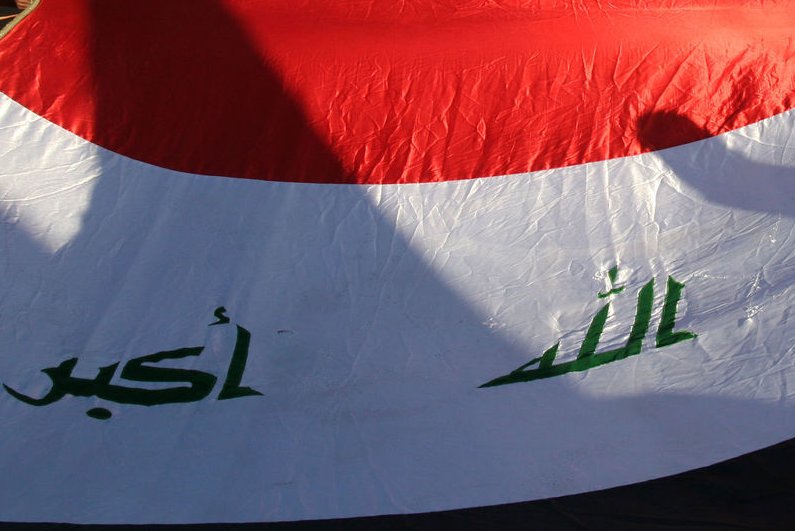Iraq's energy minister boasts of the expanded carrying capacity for natural gas to a southern port terminal. File photo by Ali Jasim/UPI |
License Photo
Jan. 2 (UPI) -- Iraq's energy minister said the capacity of a gas line in the southern port city of Basra spiked by almost 80 percent from last January.
Minister Jabar al-Luaibi said there was an "unprecedented increase" in operations at the Basra gas project, with capacity up 80 percent from the same time last year. In a statement sent to Prime Minister Haider al-Abadi, the energy minister said the enhancement will support national wealth through export capacity for super-cooled liquid and raw natural gas.
Iraq first started exporting natural gas in 2016, realizing an ambition delayed by the Iran-Iraq war in the 1980s.
In December, London-listed oil and gas services company Petrofac secured a $160 million contract to help overhaul a southern Iraqi oil port for Basra Oil Co., known previously as South Oil Co.
The contract involves infrastructure that facilitates crude oil tankers waiting to load oil, more than 180 miles of new pipelines and a mile of associated hose infrastructure. To date, the company said it's facilitated the export of more than 2.2 billion barrels of oil for Iraq.
Southern port infrastructure carries nearly all of what Iraq produces in oil and natural gas. The Ministry of Oil for Iraq, one of the largest producers in the Organization of Petroleum Exporting Countries, in late December called for companies to take part in a project to extend pipeline options from oil fields in Kirkuk north to a sea port in Turkey.
According to a ministry spokesman, the pipeline north has a carrying capacity of 1 million barrels per day.
Iraqi forces in early October took control over oil fields in Kirkuk, a territory of dispute between the federal government and the semiautonomous Kurdistan Regional Government. The seizure followed a contentious referendum for independence in the Kurdish territories, which coincided more or less with the Iraqi liberation of northern territory from the terrorist group calling itself the Islamic State.
Crude oil from northern Iraq flows primarily by truck and through a pipeline from territory controlled officially by the KRG to Ceyhan. A second pipeline runs north from Kirkuk, though the ministry spokesman said it was damaged so badly by Islamic State militants that parts of it would need to be rebuilt.















